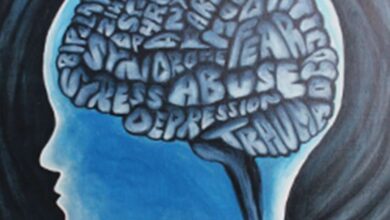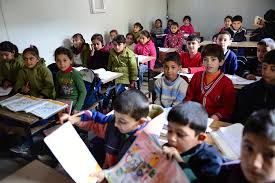The Impact of education policy on Schools and Students

Education policy refers to the set of laws, regulations, and guidelines that govern the education system. These policies have a significant impact on schools and students, as they shape the way education is delivered and received. In this article, we will discuss the impact of education policy on schools and students.
Introduction
Education policy plays a crucial role in the development of the education system. It affects the curriculum, teaching methods, funding, and overall functioning of schools. As such, it is essential to understand the impact of education policy on schools and students.
Historical Overview of education policy
To understand the current state of education policy, it is essential to look at its historical development. This section will provide an overview of education policy in the United States.
Early education policy
In the early days of the United States, education was primarily the responsibility of families and religious institutions. However, as the population grew, the government began to take a more active role in education policy. In 1785, Thomas Jefferson proposed a plan for a public education system in Virginia.
The 20th century
In the 20th century, education policy underwent significant changes. In 1954, the Supreme Court’s landmark decision in Brown v. Board of Education declared segregation in public schools unconstitutional. In the following years, several policies were implemented to address inequality in education, such as the Civil Rights Act of 1964 and the Elementary and Secondary Education Act of 1965.
Current education policy
Today, education policy remains a significant issue in the United States. The No Child Left Behind Act of 2001 and the Every Student Succeeds Act of 2015 have been significant policy developments in recent years.
The impact of education policy on schools
Education policy has a profound impact on schools. Here are some of the ways in which education policy affects schools:
Curriculum
Education policy determines the curriculum that schools must follow. Policies can affect the subjects taught, the level of detail required, and the methods of assessment.
Funding
Education policy also affects the funding that schools receive. Policies can determine how much money schools receive, how it is distributed, and how it is spent.
Teaching methods
Education policy can affect the teaching methods used in schools. Policies can encourage or discourage the use of certain teaching methods, such as project-based learning or lecture-style teaching.
Accountability
Education policy can also affect the accountability of schools. Policies can require schools to meet certain standards, and schools that do not meet these standards may face consequences, such as losing funding or being shut down.
The Impact of education policy on Students
Education policy also has a significant impact on students. Here are some of the ways in which education policy affects students:
Access to education
Education policy can affect students’ access to education. Policies can determine which students have access to certain schools, which subjects are taught, and what resources are available.
Quality of education
Education policy can affect the quality of education that students receive. Policies can determine the level of detail taught, the qualifications of teachers, and the resources available to students.
Preparation for college and careers
Education policy can also affect students’ preparation for college and careers. Policies can encourage or discourage the development of certain skills or the pursuit of certain fields of study.
Student outcomes
Education policy can affect student outcomes, such as test scores and graduation rates. Policies can require schools to meet certain standards, and students who attend schools that do not meet these standards may struggle to succeed.



